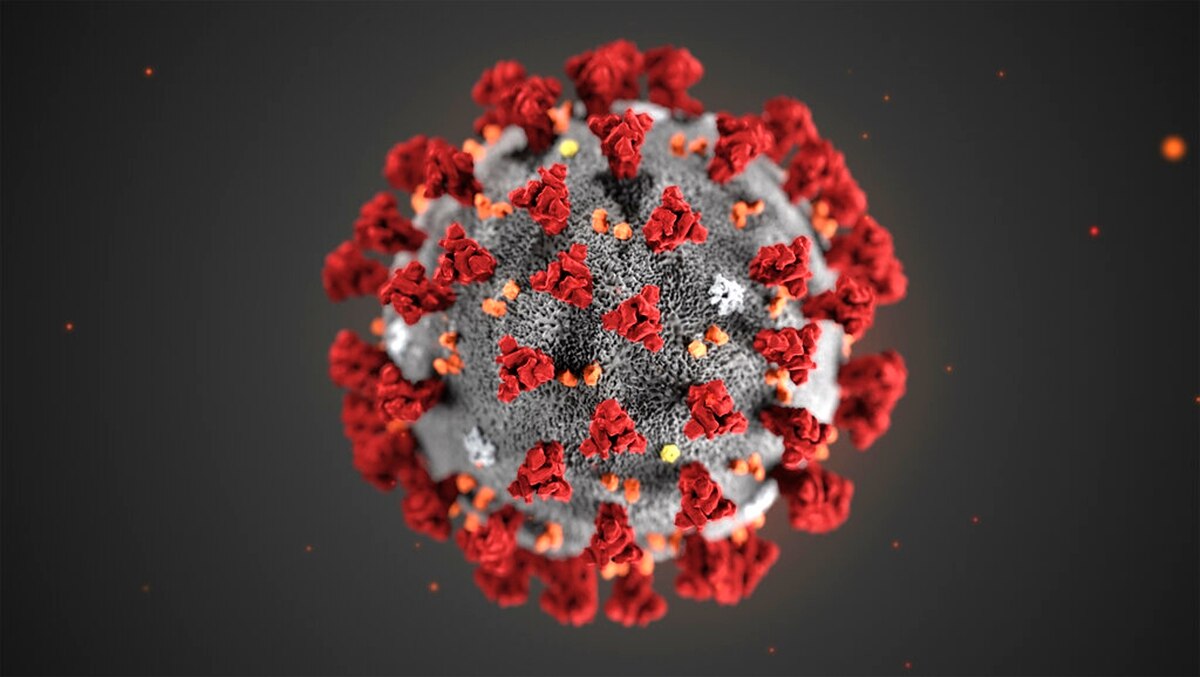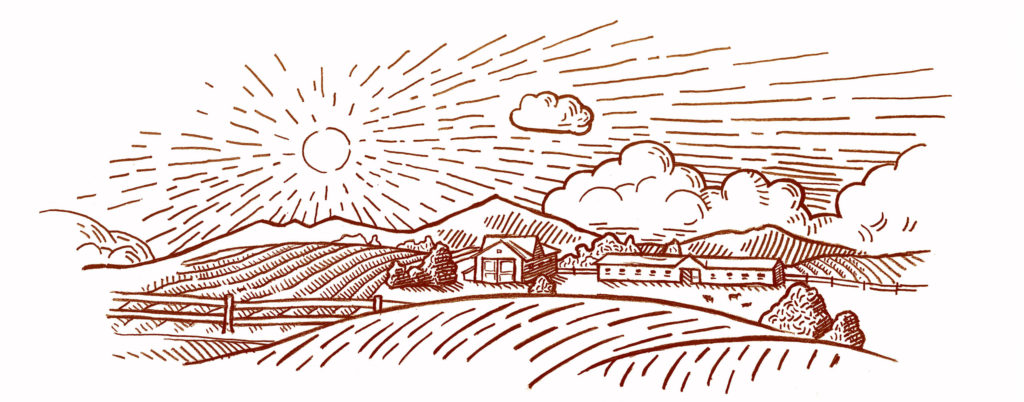The Institute is acutely aware of the impact COVID-19 is having on our nation – its health, social fabric and economic wellbeing – and on our science community. The future is going to challenge us all.
We encourage our members to keep themselves safe in the workplace and at home and to take comfort from the fact our scientist colleagues will play a crucial role in getting us through this difficult time.
I ask that – to the best of your abilities – you support our agricultural and horticultural sectors because they will keep the New Zealand economy ticking over when many other industries are stalling or failing altogether.
It’s nice to be essential
Prime Minister Jacinda Ardern announced on Monday that New Zealand’s coronavirus alert had increased to level 3 and would rise to alert level 4 in 48 hours to fight the spread of the coronavirus pandemic. Everyone then (from 11.59pm Wednesday) is required to stay home except essential services.
These include supermarkets, banks, GPs, pharmacies, service stations, couriers and other important frontline service providers. They also include farmers and growers because they will be providing supermarkets with food and generating export receipts for a severely bruised economy.
Ms Ardern said: “Those who are part of the food supply chain, who provide for our supermarkets, are part of our essential primary industry.”.
Scientists? Some of us are considered essential, according to the official guidance when this newsletter was prepared. Its list includes:
Primary industries
– Including food and beverage production and processing.
– Packaging, production and processing of food and beverage products.
– Food safety and verification, inspection or associated laboratory services, food safety and biosecurity functions.
Veterinary and animal health/welfare services
Science
– Any entity (including research organisations) involved in COVID-19 response, hazard monitoring, resilience, diagnostics for essential services.
– ESR, GNS, GeoNet, NIWA, MetService.
The outlook
Promising news comes from ASB rural economist Nathan Penny, who says farming is likely to be the quickest to rebound from the fallout from coronavirus. When crises hit, food demand remains and this would be no different this time, he notes.
“Farmers might not get paid as much but there would be demand for food, except for luxury foods like seafood, prime steak and wine”.
Similar encouraging news came from the Beehive. Agriculture Minister Damien O’Connor and Fisheries Minister Stuart Nash welcomed the publication of the latest Situation Outlook for Primary Industries, from the Ministry for Primary Industries, which forecasts primary sector revenue will rise 0.5 per cent in the year to June 2020 to $46.5 billion.
“The sector is showing its underlying strength and resilience despite the challenging domestic drought and global conditions related to COVID-19,” Agriculture Minister Damien O’Connor said.
The Government was closely monitoring the situation and working with industry leaders to ensure New Zealand’s high-quality products continued to get to market despite the global trade issues created by COVID-19, he said.
“We know that our best economic defence is a strong health response that minimises the spread of the virus.”
A copy of SOPI is available here.
Fonterra and forestry
- Fonterra Co-operative Group Limited this month announced its 2020 Interim Results, which show the co-operative’s financial performance has improved with increased underlying earnings and reduced debt.
Chief executive Miles Hurrell says he is pleased with the progress and momentum achieved in the first six months of the financial year, but he acknowledged Fonterra is now operating in a very different global context as a result of COVID-19. - In the horticulture sector, locking down the country means migrant workers can’t come in as usual to help with harvesting.
- But hundreds of forestry workers who have lost their jobs due to the COVID-19 outbreak are being offered work in the horticulture sector, which is desperate for labour.
Horticulture New Zealand chief executive Mike Chapman said there were over 1,000 vacancies across the industry – and a real risk that export windows could be missed or fruit even left to rot without enough workers to pick it.
While musing on the work of people who get up every day to run our farms and orchards, and who keep on doing their jobs through challenges like COVID-19 so we can export, earn hard currency overseas and maintain some semblance of normality, I was minded of the following which is doing the rounds in farming circles.Once upon a time there was a little wee farmer who lived on a farm.
Here’s hoping all “non-essential” members of the NZIAHS are back at work soon, too.
Safeguarding ourselves
- Professor Julie Leask, from the University of Sydney, posted an article on The Conversation headed “Coronavirus distancing measures are confusing. Here are 3 things to ask yourself before you see someone”.
- It was based on the coronavirus and COVID-19 situation on March 23 but readers were advised the situation is rapidly developing and official advice may change.
Among her observations:
There’s no magic cut off where you stop all risk. We have got to accept it is about degrees of risk and what we collectively do to minimise it.If we choose to have contact with another person, while staying within the boundaries of what is permissible based on the government requirements, then it’s important you have a set of evidence-based principles that helps guide your decision-making.Good advice. Keep safe.
President













